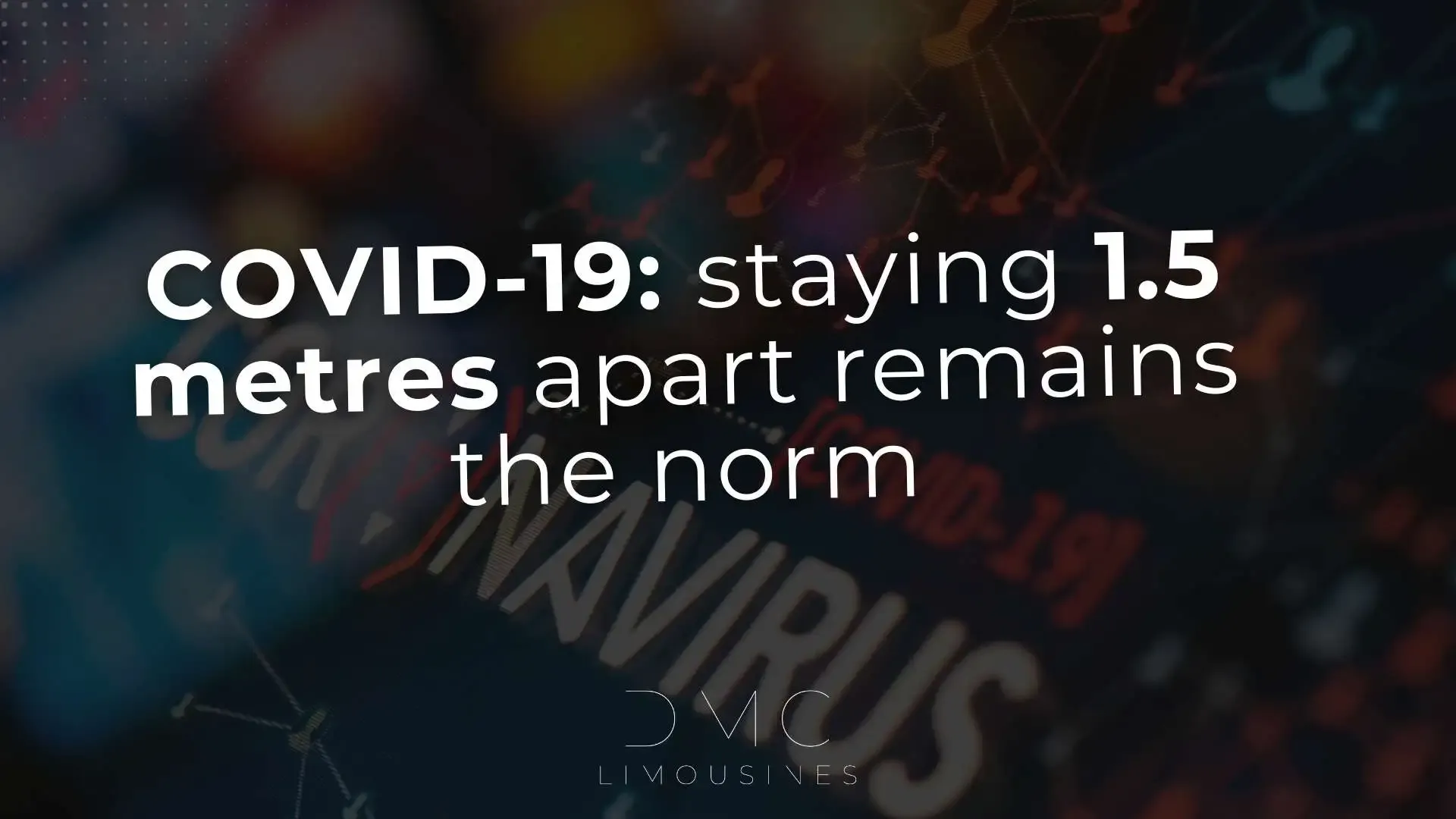COVID-19: staying 1.5 metres apart remains the norm
Covid-19: staying 1.5 metres apart remains the norm
We can now take another step forward in our approach to tackling coronavirus. A new phase is beginning and we are moving from an intelligent lockdown to less restrictive rules. General rules still apply, because coronavirus has not gone away.
We have come this far because people have followed the basic rules, which will continue to apply:
- If you have symptoms, get tested as soon as possible and stay at home.
- Stay 1.5 metres away from other people.
- Wash your hands often.
- Work from home if possible.
- Avoid busy places and travel outside peak hours if possible.
This approach is working. The peak of infections is now behind us, and we have the virus under control. We are now able to offer widespread testing and conduct intensive source and contact tracing. As a result, we are capable of taking targeted action when flare-ups occur and preventing the further spread of the virus.
Keep your distance: give others enough space
It is now vital that we remain alert and vigilant. Anyone who has symptoms should get tested and stay at home. That is the only way to keep the freedom we have all worked hard to regain. From 1 July the following general rules will apply. The rules are based on what we now know about how the virus spreads.
General rules indoors
- Stay 1.5 metres away from others.
- The maximum number of people in one space is limited to 100 (not counting staff). Everyone must have their own seat.
- No maximum number of people applies if they have their own seat, have made reservations and have undergone a pre-entry health check.
- In shops, museums, libraries and other settings where visitors move through the space, the rule is that people must stay 1.5 metres apart. It is up to locations to make sure people follow this rule. Here, no maximum number of people applies.
General rules outdoors
- Stay 1.5 metres away from others.
- No more than 250 people (not counting staff) can be present.
- In outdoor seating areas at restaurants, cafés and bars guests must have their own seat.
- No maximum number of people applies if they have their own seat, have made reservations and have undergone a pre-entry health check.
- At zoos, theme parks and other outdoor locations where visitors move through the space, the rule is that people must stay 1.5 metres apart. It is up to locations to make sure people follow this rule. Here, no maximum number of people applies.
Transport
- Non-medical face masks must be worn on public transport. Passengers can now use all seats on buses, trains, trams and metros. However, it is still important to avoid peak hours.
- For other shared forms of transport, such as taxis, passenger vans and coaches, passengers must reserve and must undergo a pre-travel health check. Non-medical face masks must also be worn.
- People travelling in a car or other private vehicle are advised to wear non-medical face masks if there are 2 or more people in the vehicle who belong to different households.
- For now, on other forms of transport the rule is: stay 1.5 metres apart.
Children and young people
- Children aged 12 and under do not have to stay 1.5 metres away from other children or adults. This also applies in childcare and primary school settings.
- Teenagers aged 17 and under do not have to stay 1.5 metres away from others under 18. This also applies in secondary schools to pupils of all ages. Secondary schools will re-open fully after the summer holidays. Students and staff must still stay 1.5 metres apart.
- From the start of the new academic year, more on-site educational activities can take place at schools for secondary vocational education (MBO) and higher education institutions (universities and HBO). Everyone in these settings must stay 1.5 metres apart.
Exceptions
- The general rule is that everyone must stay 1.5 metres apart. However, in some situations this is not possible and the rule can be relaxed as necessary. This applies to the following activities and roles:
- Contact between people who require care or assistance and those providing this.
- People in contact-based roles (such as hairdressers, masseurs and driving instructors).
- Athletes (both indoor and outdoor sports), actors and dancers.
- Loud group singing or group shouting is not permitted. Neither is group chanting.
- Choirs, singing groups and singers can start rehearsing and performing again, subject to certain conditions. The National Institute for Public Health and the Environment (RIVM) will issue guidance on this very soon.
- Nightclubs and similar venues will remain closed until 1 September.
Some final points
The situation will be re-assessed around 1 September. If the virus is still under control and circumstances allow, nightclubs and similar venues will be allowed to re-open. Experts around the world are currently working to develop coronavirus medicines and vaccines. Eventually, this should make it possible to lift the general rules, such as the 1.5 metre rule. However, as long as the virus remains among us, we will have to continue following these general rules. We must keep going. Together, we’ll keep corona under control.

